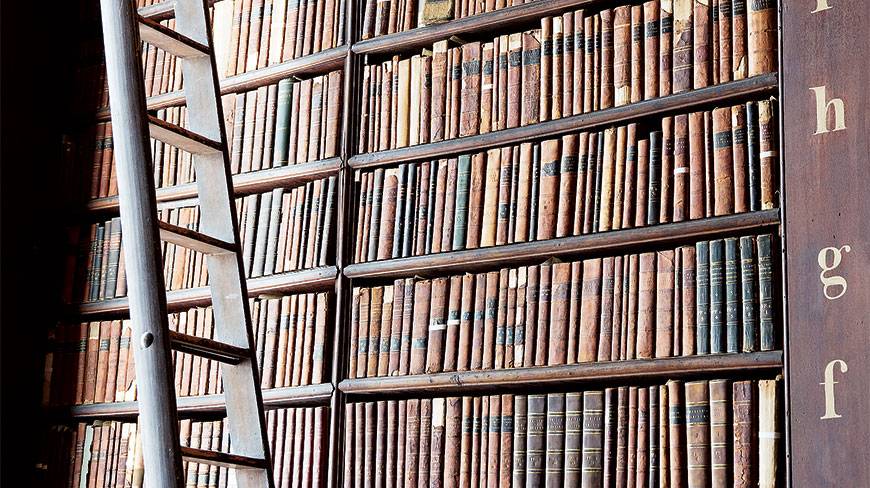If some truth has to rely on the might of banning its nemesis by force of the law and mob violence, then it is too weak to be labelled the ‘truth’
The statistical probability of a sceptic like me praising a sitting cabinet member is not such that a poker player will be comfortable with the odds. The last time a minister impressed me with his wisdom, integrity, and courage was my kinsman and former Planning Minister the late Dr Fasihuddin Mahtab from many years ago.
Then there is the incumbent finance minister whose shocking defence of another former planning minister’s right to write a book has, well, impressed me by its sheer dint of courage. Now, I have not read the book and find the reported controversial passages to be rather strange. At some point I will make up my mind if time, resources, and other commitments will allow me the luxury of procuring the said book and reading it; at this point my nightstand is already about six books deep.
But if the legislators, activists, and central leaders of the ruling party have anything to do with it – as their harangues, threats, and book burnings have left little doubt – the author of the said book will see the gallows and the printed version of the autobiography will be banned from the “digital” Bangladesh that keeps being touted in Silicon Valley.
It is an abject obsession with banning things that behooves not a republic which was ostensibly created on the basis of the rights of a free people. As important, in this day and age of information super highways, the banning of any intellectual material is guaranteed only to marginally increase the cost of acquiring it, and exponentially increase its readership as it goes viral.
Put it altogether, this business of “banning” is a veritable counterproductive exercise in constitutional dubiousness. I mean, do you think nobody in Bangladesh has a copy of The Satanic Verses or Playboy magazine?
The question is often raised as to how we protect the integrity of history. Well, as one of my mentors answered it so well, we cannot find truthful history until there is an atmosphere where those who search for it can do so without the primal fear that the slightest mistake in the search, let alone the discovery of unpalatable facts, will bring about intimidation, threats, and mob violence.
If you wonder why so many years into independence we still struggle with the “correct” history of the country, there is your explanation: Historians and researchers are too afraid to look with scholarly detachment lest their discoveries incur the wrath of the mob and cries of “off with his head.”
And in this case the “head” being asked for is that of one of the genuine war heroes whose Awami League credentials and “chetona” identity is literally second to none. The finance minister is absolutely correct in that the only civilised manner to counter unpalatable information is to come up with better documented and better sourced narratives that trump the offending piece of work on the basis of intellectual superiority rather than brute force.
If some truth has to rely on the might of banning its nemesis by force of the law and mob violence, then it is too weak to be labelled the “truth.” For having the courage of his convictions in an atmosphere where the proverbial hounds are out for blood, the finance minister certainly deserves a hearty thumbs up.
The sadder reflection is that a mere book can create such blood curdling calls for banning, hurting, prosecuting, and even killing. By their very nature, scholarly pursuits require a wide latitude to learn, err, correct, err again, and continue the cycle; where such latitude is severely constricted, sound social science research is simply an impossibility by its very definition.
Now ask yourself, when was the last time you saw a scholar working at a Bangladeshi university publish a paper in the world’s most prestigious journals in economics, history, psychology, or linguistics? I work in academia and keep in touch with many such publications, and I can assure you I will have to think long and hard to give you an answer.
Whose fault is it? The scholar’s? Or that of an environment where only the “approved” results of scholarship are deemed acceptable and everything else is just this side of treason? I wish I could say that such a toxic environment for research is only fostered by the government; far from it, it flourishes even on Bangladeshi campuses.
Recently, a lecturer at a well-regarded private university in Dhaka actually posted on social media how he wished “Hitler would have finished his job with the Jews” while assuring us subsequently that the former deputy commander-in-chief of Mukti Bahini was actually a “razakar” now.
This kind of toxicity is not the hallmark of an educated people; rather it reflects a vapid ignorance that belongs in the Middle Ages, not in a “Digital Bangladesh.” A hearty thank you to the finance minister for recognising this conundrum, in stark contrast to his party’s leadership.
Source: Dhaka Tribune










